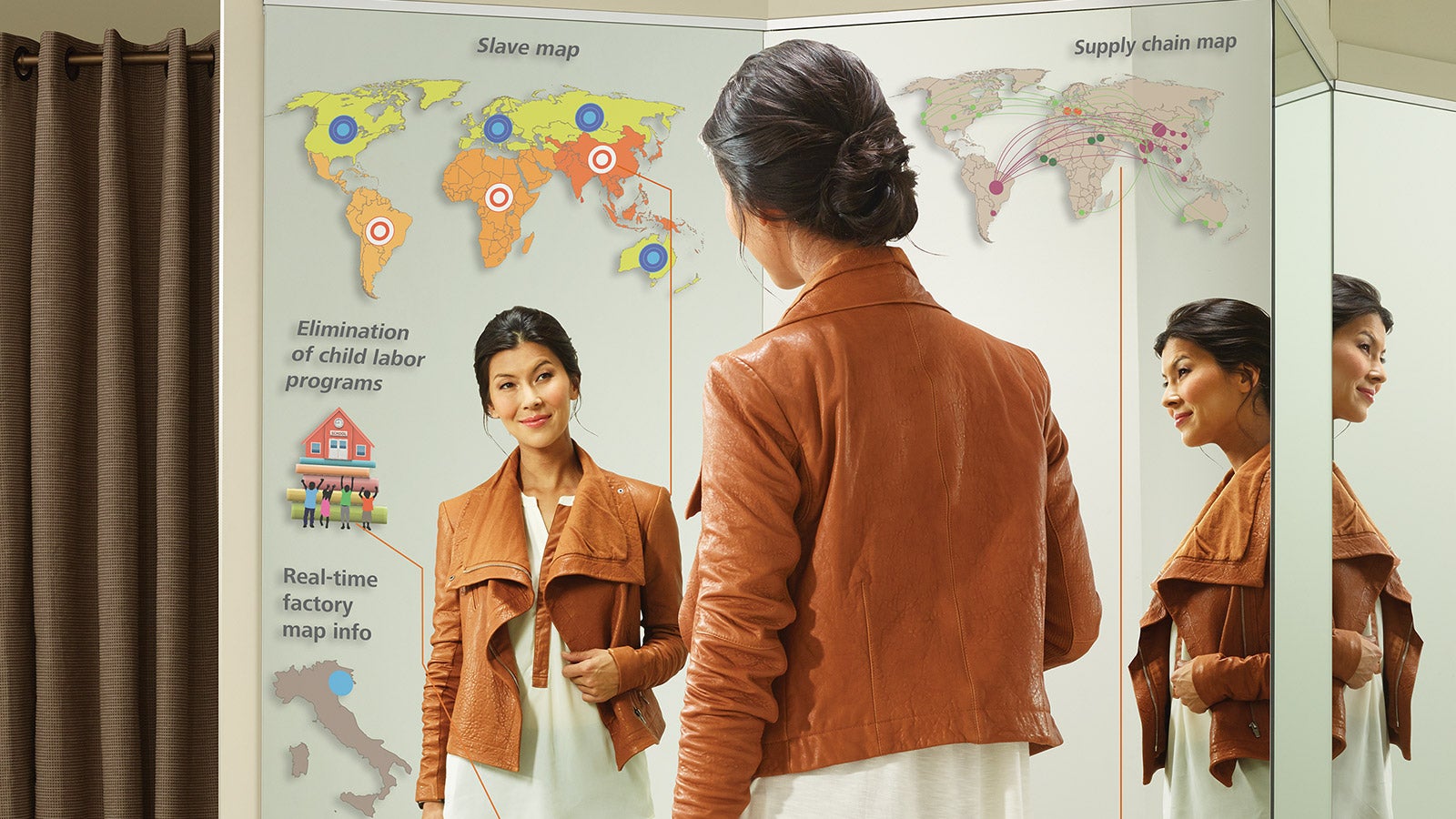Forced labor is a $51 billion industry–here’s how you can help end it
At the 2014 Trafficking in Persons Report release event in June, Secretary John Kerry stated that “No company can compete with another company that’s willing to inhumanely commercialize its workforce.”


At the 2014 Trafficking in Persons Report release event in June, Secretary John Kerry stated that “No company can compete with another company that’s willing to inhumanely commercialize its workforce.”
A recent Deloitte report and video provide insight into what business leaders can begin to do to tackle the complex and evolving issue of human trafficking, a form of modern-day slavery. So what role can consumers play?
Most consumers in developed countries would likely be appalled to discover that we routinely use products manufactured by workers toiling under manifestly unsafe, inhumane, or unhealthy conditions. Yet even in 2014, practices such as forced labor, indentured servitude, and similar unacceptable working conditions continue to enslave the hands that produce the goods we enjoy. The ILO estimates the forced labor industry amounts to $51 billion globally.
As consumers, products we rely on every day have links to questionable labor practices. As the online interactive tool Slavery Footprint indicates, such products may include a shirt made from cotton picked by child laborers in Uzbekistan, a smartphone using coltan sourced from the Congo with child labor, and coffee made from beans harvested by slaves in the Ivory Coast. Recent abuses within the fishing industry in Southeast Asia have pushed many to ask what companies are doing to curb this unsettling trend.
We consumers have a voice through our retail purchasing power. All of us can impact the policies of the companies we buy goods from, by making it known we do not condone the use of slave labor.
For starters, consumers can employ a variety of tools to check if products are free of child and slave labor. Apps such as Free2Work, Good Guide, and the Good Shopping Guide make it easier for consumers to make purchases with the confidence that dollars are not supporting heinous labor practices. The aforementioned Slavery Footprint lets users calculate “how many slaves work for you?,” and Made in a Free World makes it simple for consumers to send a note to top brands asking them to address forced labor in their supply chains.
Skeptics may doubt the impact we can have on labor practices of large corporations. Will we really stop purchasing smartphones if we learn unsavory labor conditions were used in the assembly of the devices? Perhaps not, but studies have begun to show that consumers are willing to pay more for items made using fair labor practices. And companies are responding.
Mobile apps can empower consumers to both reduce the demand for slave-made goods and spread awareness of corporate malpractice. When the goal becomes progress, not perfection, any action is better than no action at all.
This article was produced by Deloitte and not by the Quartz editorial staff.